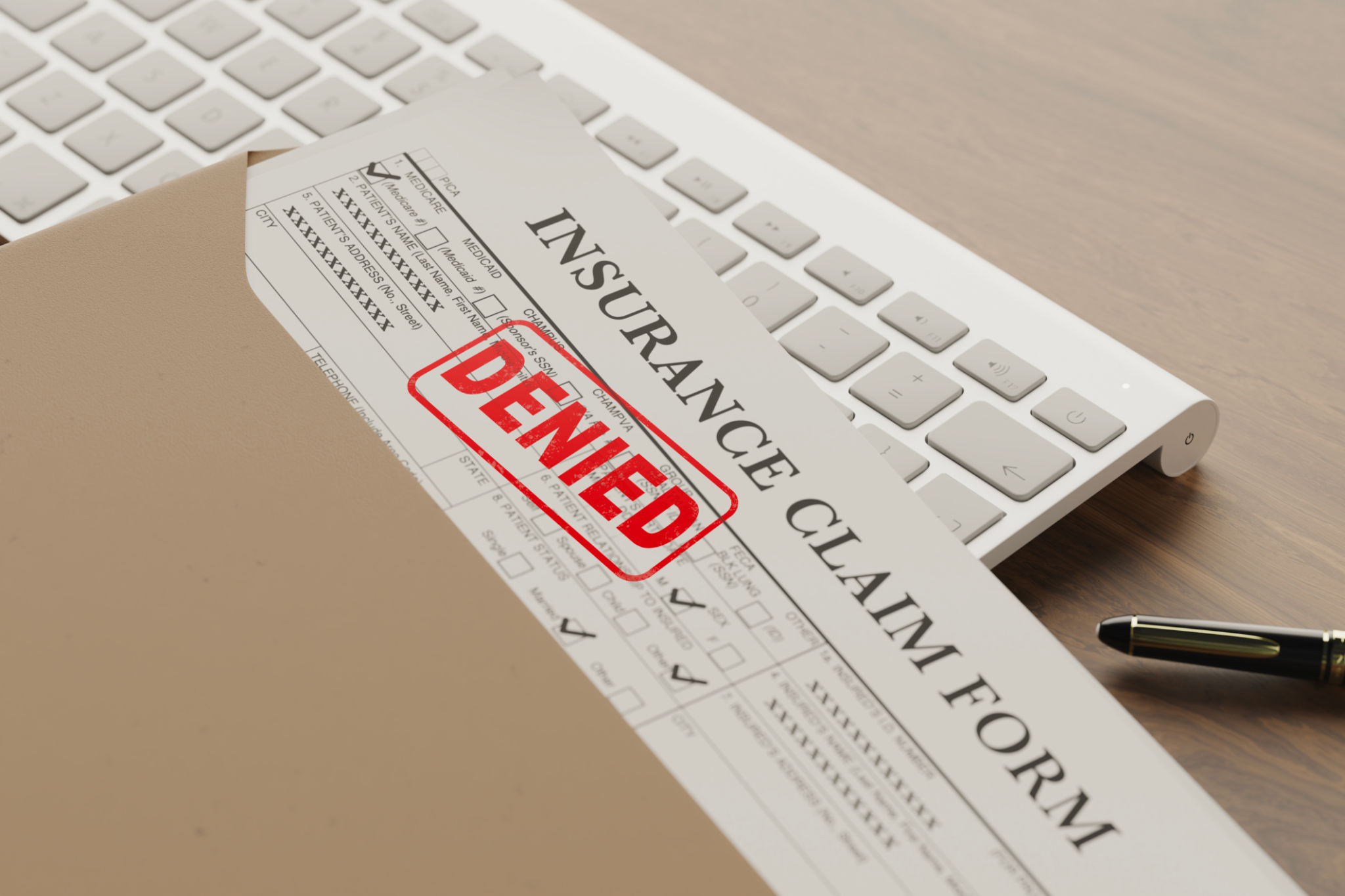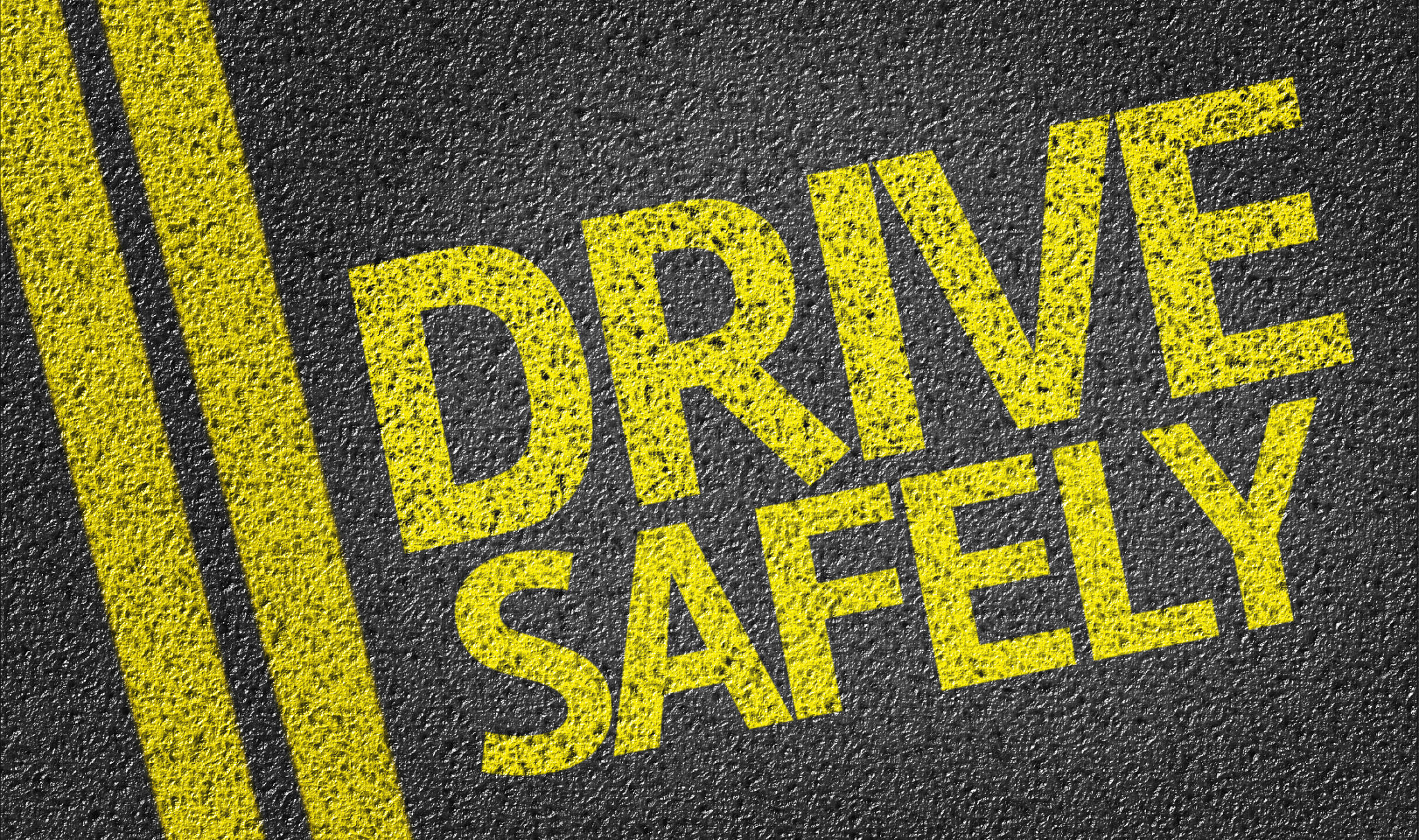The Ultimate Guide to Insurance Claim Assistance for Car Accidents
Understanding the Basics of Car Insurance Claims
Car accidents can be stressful, but understanding how to file an insurance claim can make the process smoother. Whether you're dealing with fender benders or more serious incidents, knowing the steps involved in filing a claim is essential. Familiarize yourself with your insurance policy and ensure you have all necessary documentation on hand.
Insurance policies often have specific terms and conditions that dictate how claims are processed. It's crucial to review these details to avoid unexpected surprises. Keep a copy of your policy in your vehicle for easy reference in the event of an accident.

Steps to Take Immediately After an Accident
After ensuring everyone's safety, it's important to gather information at the scene. Here are vital steps to take:
- Exchange information with the other driver, including names, contact details, and insurance information.
- Take photos of the accident scene, including vehicle damage and road conditions.
- Gather contact details from any witnesses.
Contact the police to report the accident and obtain a copy of the police report for your records. This document can be critical when filing your claim.
Filing Your Insurance Claim
Once you've collected the necessary information, it's time to file your insurance claim. Contact your insurance company as soon as possible to initiate the process. Provide them with all relevant details and documentation, including:
- The police report number
- Photos of the accident scene
- Witness statements

Working with Insurance Adjusters
After filing your claim, an insurance adjuster will be assigned to assess the damage to your vehicle and determine the compensation you're entitled to. It's important to cooperate fully with the adjuster and provide any additional information they may request.
The adjuster may schedule an inspection of your vehicle, or they might ask you to take your car to an approved repair shop for an estimate. Ensure you understand their assessment process and ask questions if anything is unclear.
Understanding Deductibles and Coverage
Your insurance policy likely includes a deductible, which is the amount you'll need to pay out of pocket before receiving compensation. Understanding how deductibles work can help you better anticipate your financial responsibility following an accident.

Additionally, be aware of what your policy covers. Some policies include rental car coverage or roadside assistance, which can be incredibly beneficial during the claims process. Review your coverage options to ensure you fully utilize your insurance benefits.
Handling Disputes and Appeals
If you disagree with the outcome of your claim or feel that the compensation offered is insufficient, you have the right to appeal the decision. Start by discussing your concerns with the adjuster and providing any additional evidence that supports your case.
If necessary, seek assistance from an independent appraiser or legal professional who can offer expert advice on navigating disputes with your insurance provider.
Preventive Measures and Future Planning
While accidents are often unavoidable, taking preventive measures can reduce risks on the road. Regular vehicle maintenance and safe driving habits play a crucial role in accident prevention.

Additionally, consider reviewing and updating your insurance policy annually to ensure it meets your current needs and circumstances. An informed approach to insurance coverage can provide peace of mind should an accident occur.
Conclusion
Navigating insurance claims after a car accident doesn't have to be daunting. By understanding the process and preparing adequately, you can ensure a smoother experience and recover more quickly from any incident. Remember, knowledge is power—stay informed and proactive in managing your car insurance needs.